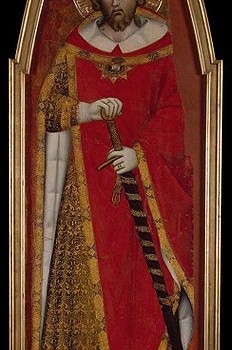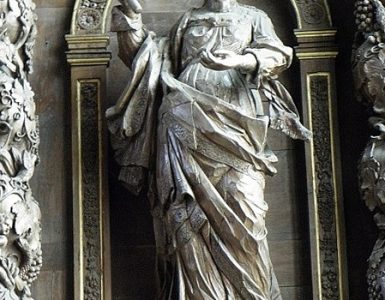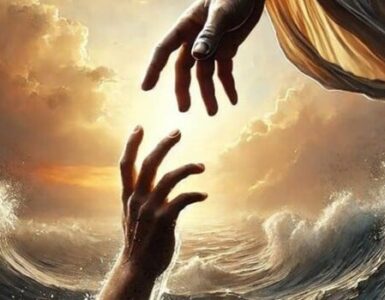
 St. Pontian was a Roman Christian who served as Bishop of Rome (Pope) from 230-235; when banished to Sardinia by the Roman Emperor, he resigned so that a successor could be elected to take his place. St. Hippolytus was a presbyter, or priest, in Rome; his name literally means “a horse turned loose,” and this image accurately suggests his energy and impact — both favorable and unfavorable — on the Church.
St. Pontian was a Roman Christian who served as Bishop of Rome (Pope) from 230-235; when banished to Sardinia by the Roman Emperor, he resigned so that a successor could be elected to take his place. St. Hippolytus was a presbyter, or priest, in Rome; his name literally means “a horse turned loose,” and this image accurately suggests his energy and impact — both favorable and unfavorable — on the Church.
Hippolytus was a great scholar. His work Apostolic Tradition is the foremost source of knowledge about third-century Christianity. However, he was something of a rigorist because he felt the Church had to adopt extreme measures in avoiding the “corruption” of the world. He also thought the Church’s practices in forgiving sinners were much too lax. In this he came into conflict with Pope St. Zephyrinus, Pope St. Callistus, and Pope St. Pontian.
Hippolytus actually had himself elected the leader of a separate church, thus becoming the first antipope. However, in 235 he, like St. Pontian, was exiled to Sardinia, at which time (or perhaps slightly before) he was reconciled to the Church and ended his schism. Both Saints Pontian and Hippolytus died of rough treatment in exile; their bodies were brought back to Rome and they were solemnly buried as martyrs.
From Johnnette Benkovic’s Graceful Living: Meditations to Help You Grow Closer to God Day by Day
“Do not devote your attention to the fallacies of artificial discourses, nor the vain promises of heretics, but to the venerable simplicity of unassuming truth.”
— St. Hippolytus, Refutation of All Heresies
By what I read, what I view, what I discuss, and the opinions I hold, how do I open myself up to the “fallacies of artificial discourses” prevalent in today’s culture?
Other Saints We Remember Today
Blessed Philip Monarriz and Companions (1936), Martyrs of Spain
St. Hippolytus (235) and St. Cassian (3rd Century), Martyrs; Cassian was pierced by stilets of pagan pupils











